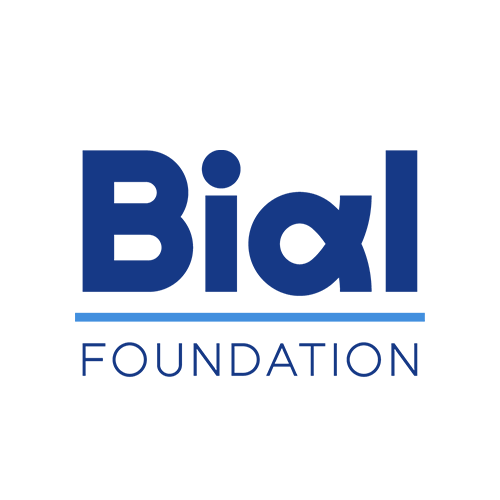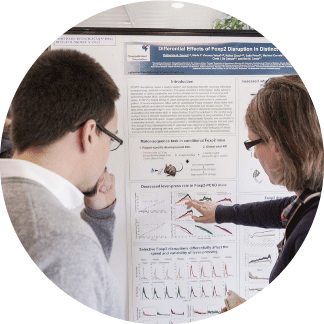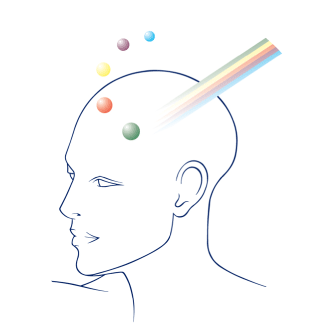News
Top Stories

What leads some mothers to perinatal depression?
A pioneering study followed mothers with perinatal depression and concluded that sensitivity can increase the risk, but partner support has a protective effect.

Do we feel less moral responsibility when following orders?
Study confirms that the perception of being the author of our actions decreases when we follow orders.

Which factors influence dream recall?
Research revealed the main factors that determine dream recall: attitude towards dreams, tendency to mind wandering, and sleep patterns.
News
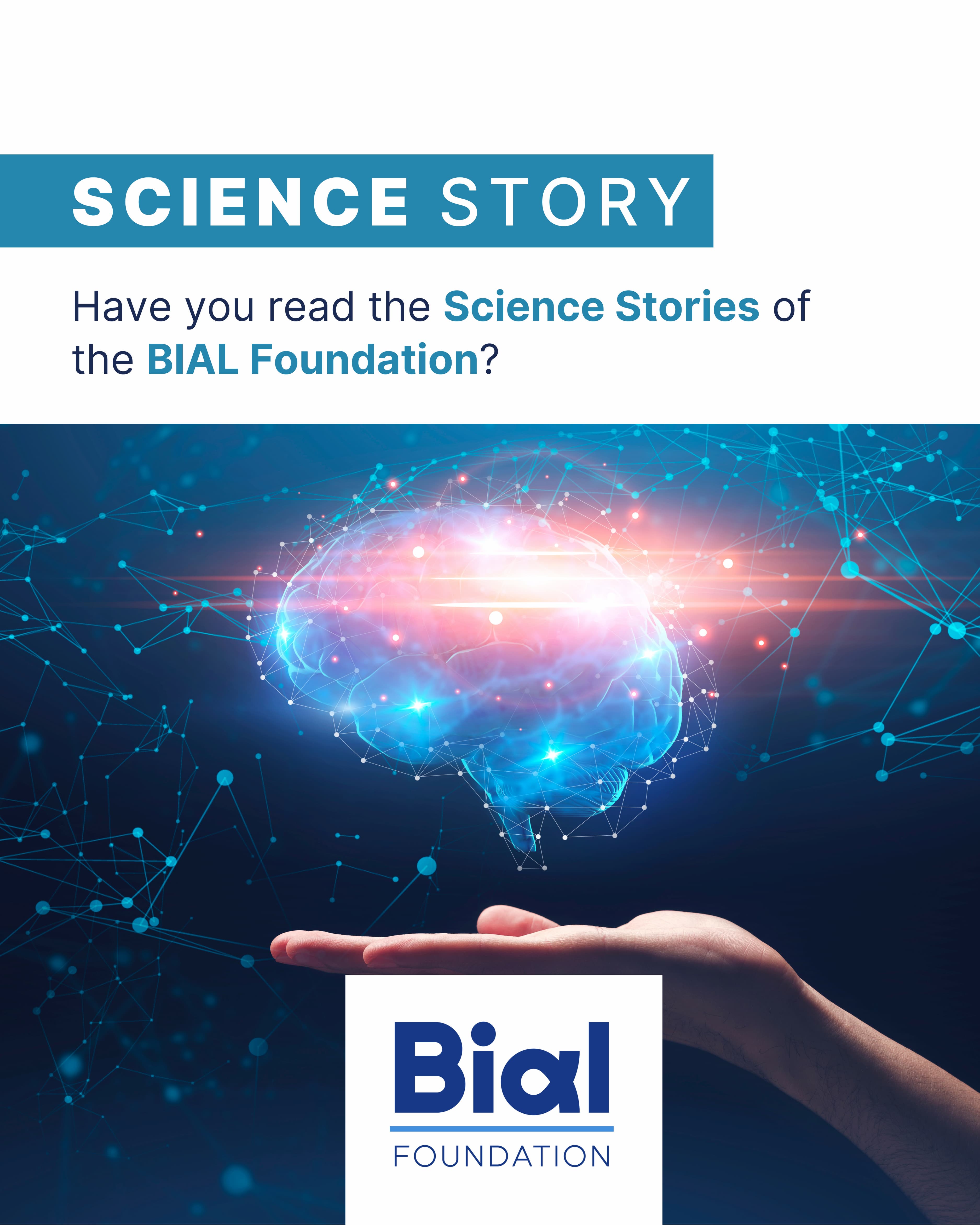
Have you read the Science Stories of the BIAL Foundation?
50 stories already published, aiming to bring the general public closer to the latest discoveries in the fields of psychophysiology and parapsychology.

Is the distorted perception of the hand a functional brain adaptation?
A research team investigated how 20 healthy adults perceive the volume and weight of their own hand.
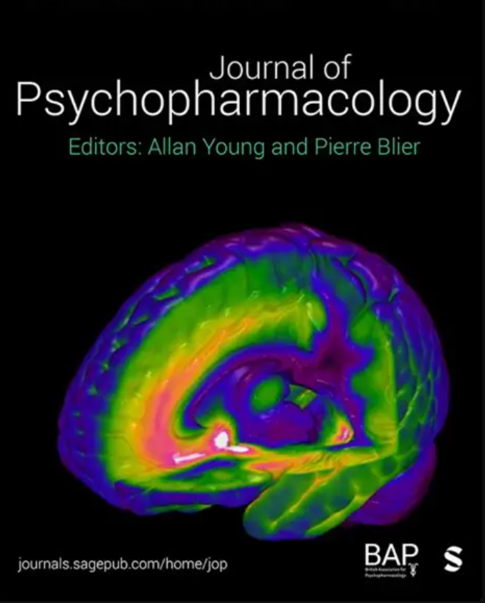
Can psychedelics promote states of mindfulness and compassion?
Research reinforces psychedelics as tools to induce adaptive mental states, pointing toward new therapeutic approaches in the treatment of mental health.


